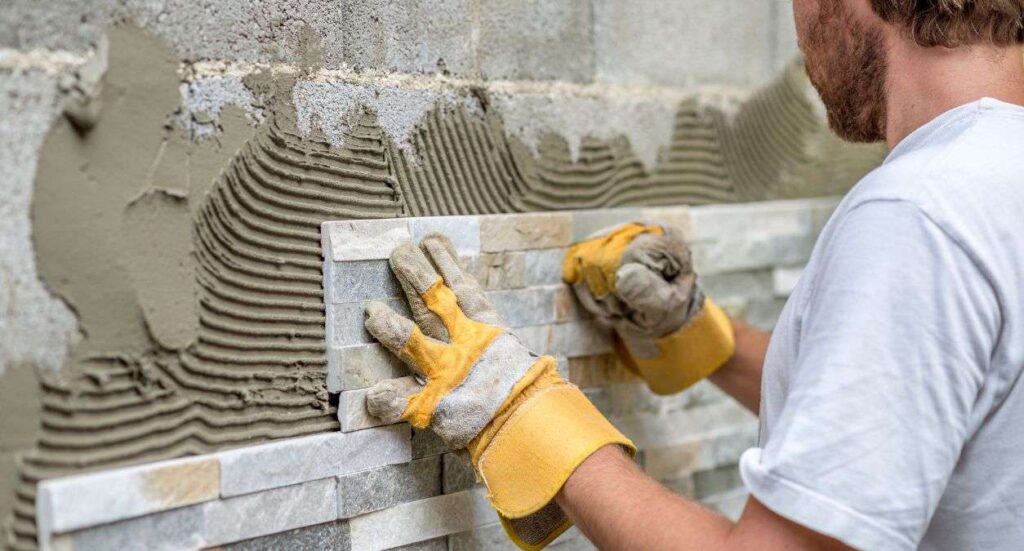Table of contents
Have you ever considered how to become a massage therapist, and how to turn your skilled hands and passion for care into a career opportunity? Whether working full-time or on a self-employed basis, massage therapy could be your way to do a job that you love – and potentially earn a good living at the same time.
If you want to know how to become a massage therapist, then this guide is the perfect place to start. We’ll give you all the key information you need to know: the qualifications and skills you need to be successful, how much you could potentially earn, and how to go about setting up your own massage therapy business.
Get Massage Therapist Insurance from Protectivity
*Disclaimer – This blog has been created as general information and should not be taken as advice. Make sure you have the correct level of insurance for your requirements and always review policy documentation. Information is factually accurate at the time of publishing but may have become out of date.
Last updated by


















